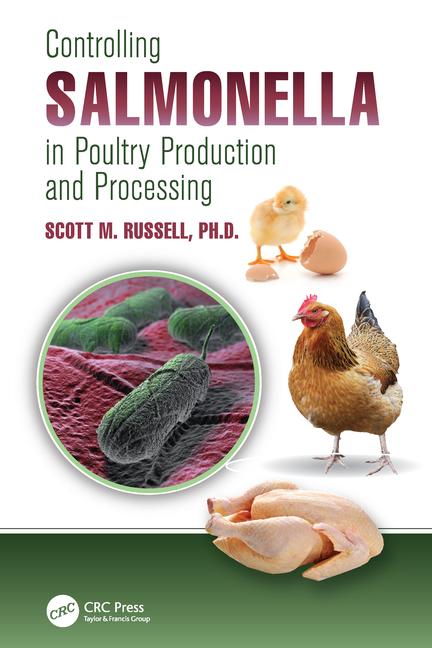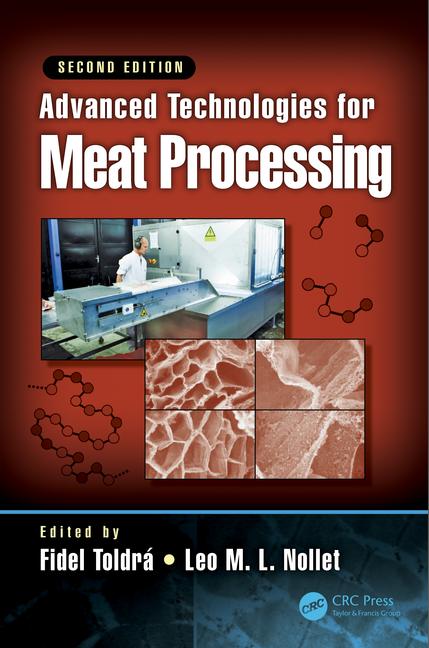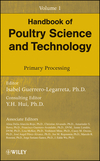Union files lawsuit against USDA over line speed waivers

The United Food and Commercial Workers International Union (UFCW) and five of its local unions represented by Public Citizen Litigation Group filed a federal lawsuit to end the U.S. Department of Agriculture (USDA) waivers allowing poultry plants to increase production line speeds and further endanger workers already facing elevated risks during the COVID-19 pandemic. UFCW represents more than 250,000 workers across the meatpacking and food processing industries.
The plaintiffs argue that the USDA Food Safety Inspection Service (FSIS) waiver program should be set aside and 10 currently active waivers should be voided. The lawsuit, filed in the U.S. District Court for the District of Columbia, alleges that the USDA failed to follow required procedures and ignored the agency’s own rules and policies when it adopted the waiver program.
“America’s poultry workers have been on the frontlines of this pandemic since day one, putting themselves in harm’s way to make sure our families have the food we need during this crisis,” said UFCW International President Marc Perrone. “As COVID-19 continues to infect thousands of meatpacking workers, it is stunning that USDA is further endangering these workers by allowing poultry companies to increase line speeds to dangerous new levels that increase the risk of injury and make social distancing next to impossible. This lawsuit will help to finally stop this dangerous corporate giveaway from the USDA. Now more than ever, we must put the safety of frontline workers and our country’s food supply first.”
The National Chicken Council has published an article detailing some information about line speeds. “Employee safety always has been and will always be a priority for the chicken industry. Chicken processors continue to focus their efforts on preventing workplace injuries by implementing ergonomics and medical intervention steps, while continually introducing new technology and automation in the workplace,” the article states. The article discusses that increased line speeds have been around for 25 years and There is no evidence to suggest evisceration lines operating at 175 bpm increases the risk of an employee contracting COVID-19.
Source: UFCW, NCC
Looking for a reprint of this article?
From high-res PDFs to custom plaques, order your copy today!






